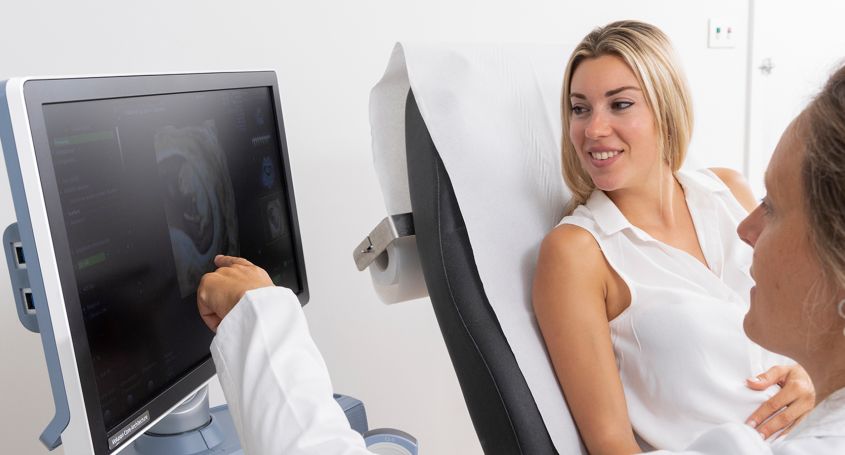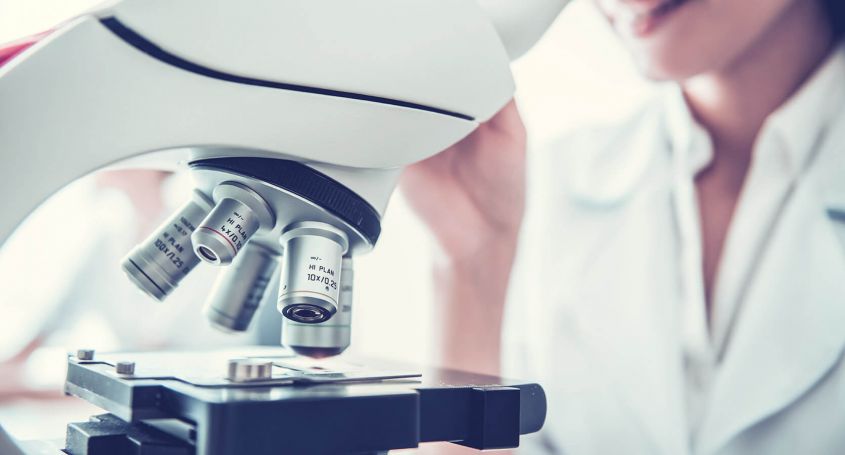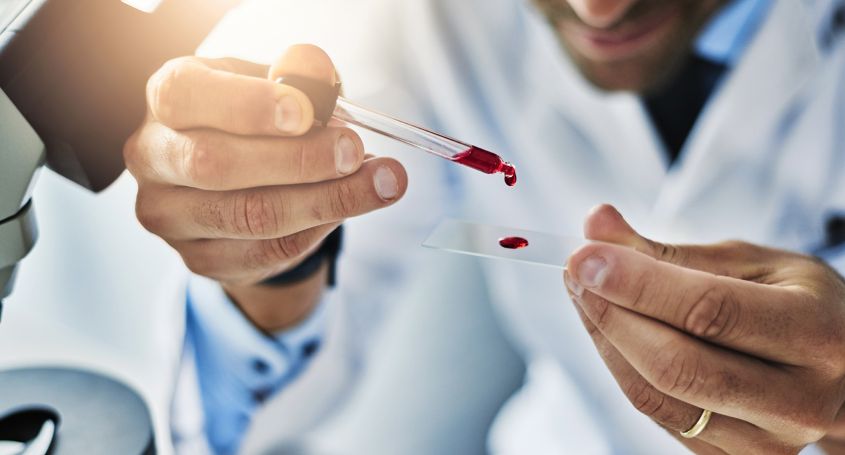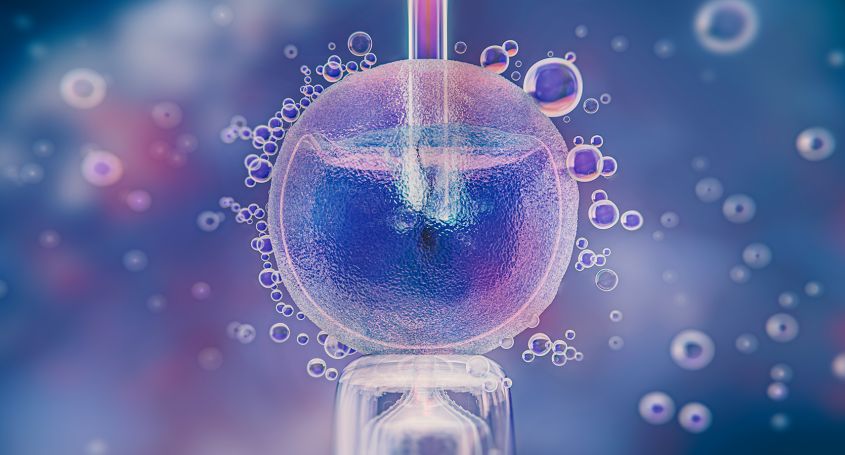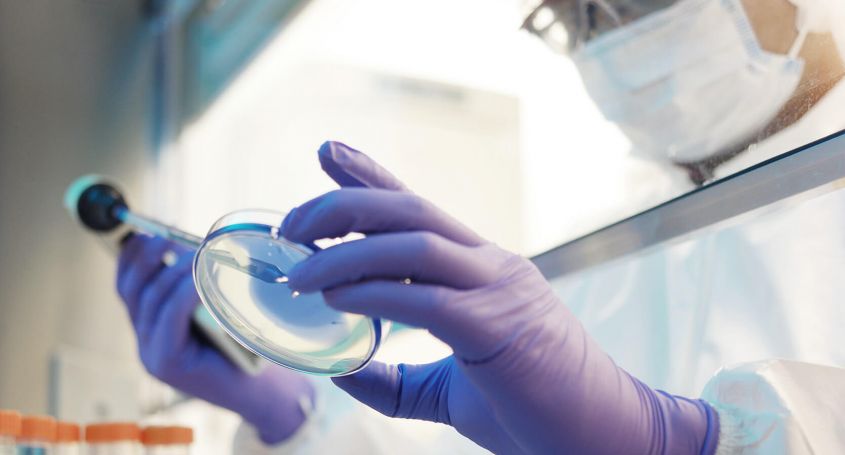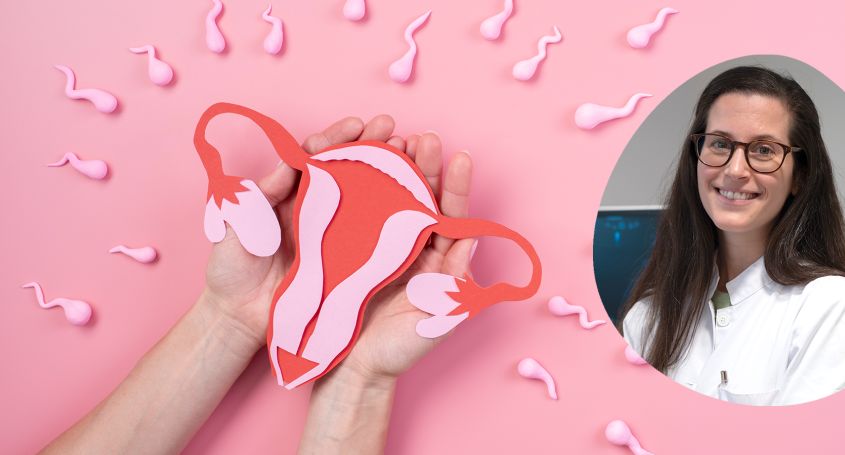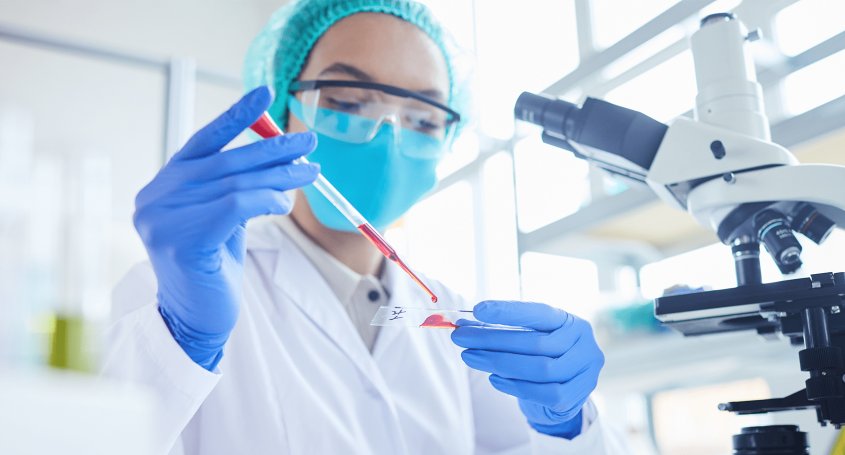Traditionally, it was believed that children inherited traits and characteristics exclusively through their parents' genes. However, science has revealed that gene expression is regulated by epigenetic processes, which, especially during pregnancy, can be modulated by the mother's environmental and emotional factors. This means that during pregnancy, the mother can influence key aspects of her baby's physical and emotional development and health.
This is particularly relevant for people who seek to assisted reproduction treatments such as egg donation.
Epigenetics, beyond genetics
Epigenetics studies the modifications that occur in gene expression without changes in the DNA sequence. These modifications are modulated by environmental factors, stress, habits, diet, or general health, which can activate or deactivate certain genes and influence the baby's development.
During pregnancy, the pregnant mother can influence how her future child's genes are expressed through the uterine environment. When embryo implantation occurs, the endometrium secretes a fluid containing nutrients and growth factors that the embryo needs to develop and attach to the endometrium. In addition, the endometrial fluid contains small molecules of messenger ribonucleic acid (ARNm) and other molecules secreted by the mother that interact with the embryo and produce changes in gene expression. In this way, through biochemical, hormonal, and cellular signals, the gestational mother provides the necessary conditions for fetal growth, thus modulating the expression of key genes in the baby's neurological, immunological, and metabolic development.
Therefore, women who seek to egg donation play a decisive role in the genetic development of the embryo and in what their child will be like, even if they do not share their genes.
Overcoming genetic grief
Egg donation is an assisted reproduction treatment that allows many women who cannot have children with their own eggs to achieve motherhood. In egg donation, the genes of the future child come from the egg donor and the father or a sperm donor . Therefore, resorting to donor eggs means giving up genetic inheritance, which can cause frustration and a feeling of loss known as genetic grief.
Genetic mourning is the emotional process that some people experience in the context of assisted reproduction when accepting that they will not pass on their genes to their child. However, understanding the role of epigenetics can help overcome this genetic mourning.
Although the surrogate mother does not provide the egg, and therefore her genetic material, during pregnancy she can produce changes in epigenetics, influencing the characteristics that the baby will have through the environment in which the fetus develops.
Proper nutrition and healthy lifestyle habits of the surrogate mother can help the baby's cognitive and emotional development, as well as prevent the onset of certain diseases.
Since the moment of implantation and throughout pregnancy, a bond is established between the mother and the embryo that goes beyond genetics. This bond promotes emotional attachment to the future baby, which in egg donation mothers is comparable to that of women who conceive with their own eggs.
Understanding the importance of pregnancy and the influence of the uterine environment on the baby's development can help alleviate genetic grief for prospective parents and dispel doubts about the possibility of feeling that the child is their own.
Maternal bond beyond genes
Epigenetics is a bridge between genetics and the environment, demonstrating how the maternal bond influences the baby's development and health regardless of genetic transmission.
Becoming aware of the importance of the pregnancy process, as well as the influence of the pregnant mother's health, habits, and emotions on the baby's development, reaffirms the value of motherhood beyond genes.
